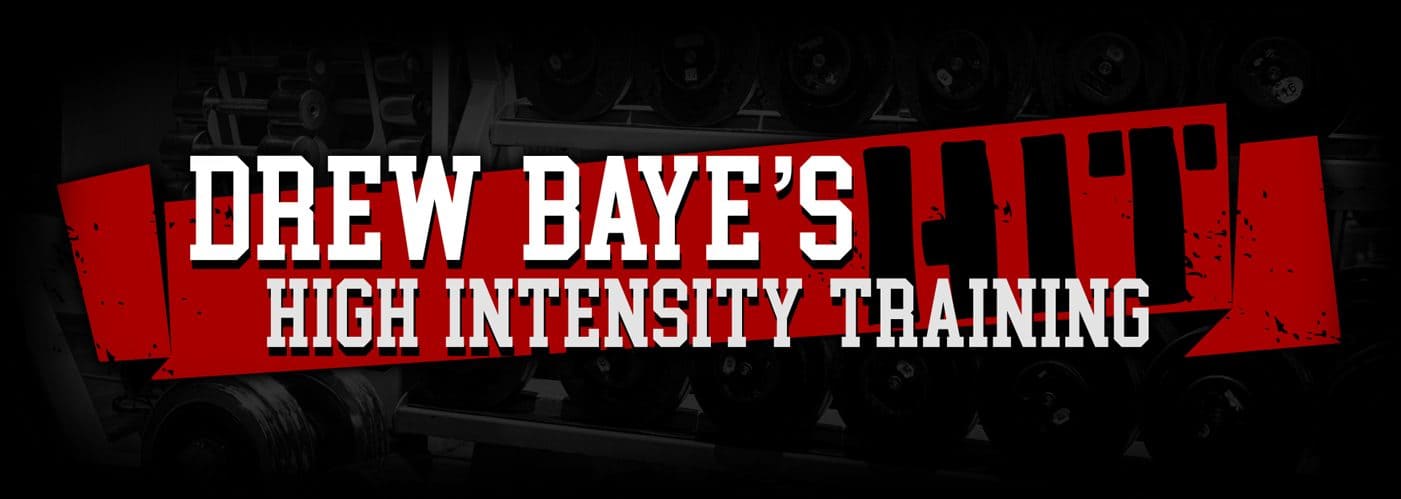One of my older clients, an 84 year old golfer, recently asked when I would stop increasing the weights he uses in his workouts. I told him I’d stop increasing the weight if he ever stopped getting stronger, but that I thought he underestimated his potential and would probably continue to improve for quite some time. He then asked how strong I expected him to get, to which I replied “as strong as possible”.
His primary concern is maintaining his health and mobility, and his golf game is also a big priority. Both have improved considerably since I’ve been training him and he’s happy with his current level of strength and condition. However, I do not believe in just being “strong enough” because you never really know what “enough” will be for everything life might throw at you. What may be “enough” strength for your normal daily routine or typical physical activities may turn out to be far too little under different circumstances, and it’s better to be stronger than you need to be 99% of the time than not strong enough during that 1% when it might really count.
Unless you are omniscient and know all the challenges you will face in your life there is no such thing as strong enough. Stay hungry. Focus on consistent, gradual progression in your workouts and always strive to become at least a little stronger than before.

Comments on this entry are closed.
Drew,
What sort of workout does the 84 YO golfer do? Have you had to make any adjustments for age in volume or frequency?
Thanks,
Griff
“…as strong as possible.” That’s great. I don’t know how many times I’ve said that to my wife or my training partner(s) in response to similar questions.
You are either improving or regressing. There is no ‘maintenance’ workout as far as I’m concerned.
Nicely summed up Drew. Cheesy, but ‘prevention is the best medicine’
Griff,
He alternates between two full-body workouts, each ending with forearm and grip work. Each exercise is performed for one set to failure, using a moderate rep range (8-12), with little or no rest between exercises.
Drew,
Thanks. Pretty much what I do, about 2x/wk. I add some rotator cuff work. At 58, I’ve got my share of joint problems. Grip work is important even for every day stuff.I’m looking forward to your book, even though I’m not a bodybuilder, I’m sure it will have some good info.
Regards,
Griff
Hey there–do I have your permission to use this/share with trainers. have a few newer clients who are coming to me with that (annoying) question re plateu-ing clients. Thanks, Drew.
Of course! Feel free to share with clients, friends, etc.
What are some rotator cuff exercises?
Looking forward to your book
Internal and external humeral rotation and shoulder abduction (eg. shoulder press, lateral raise) and transverse abduction (eg. wide grip compound row, simple row/rear delt fly) all work the rotator cuff muscles.